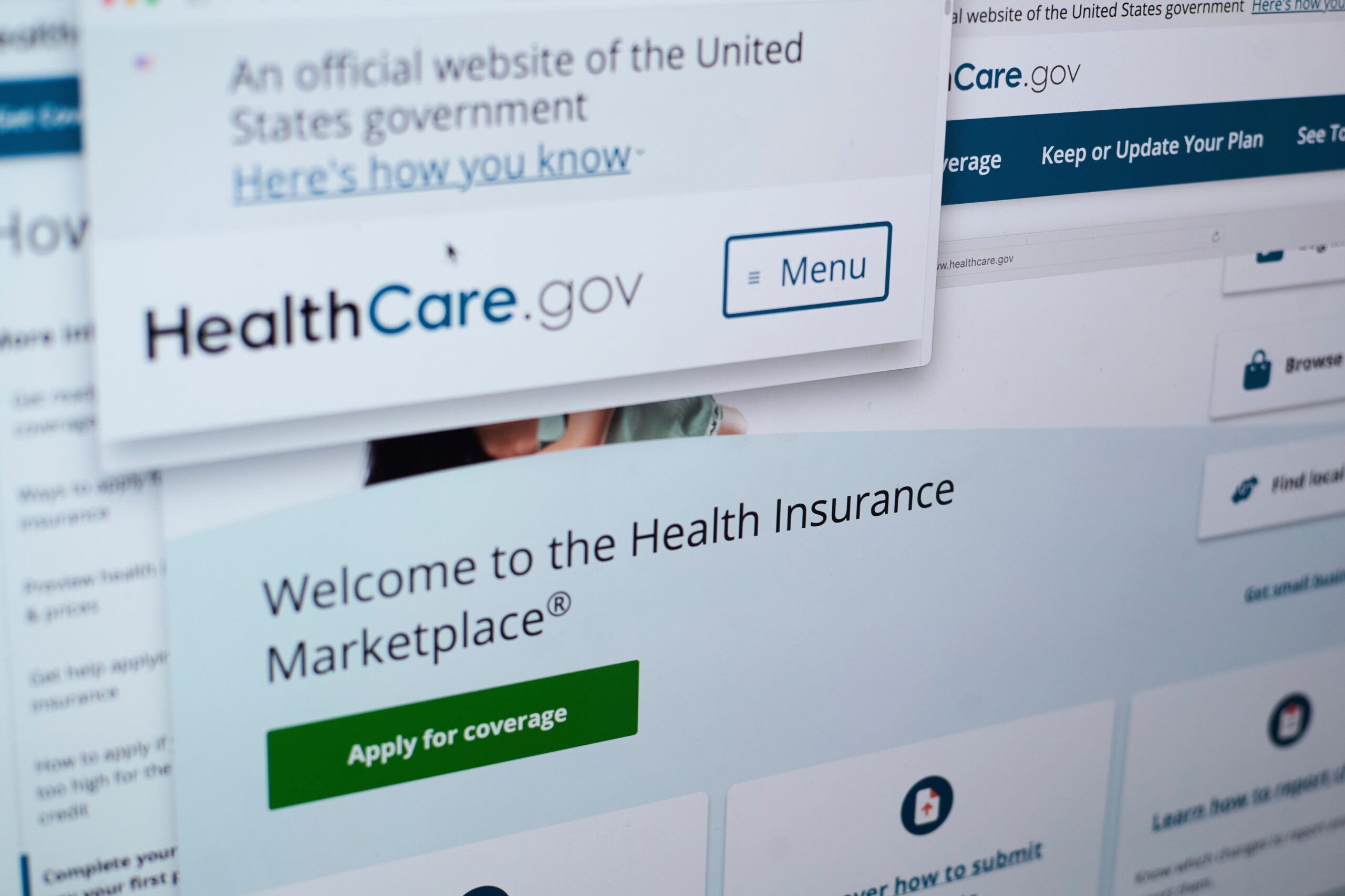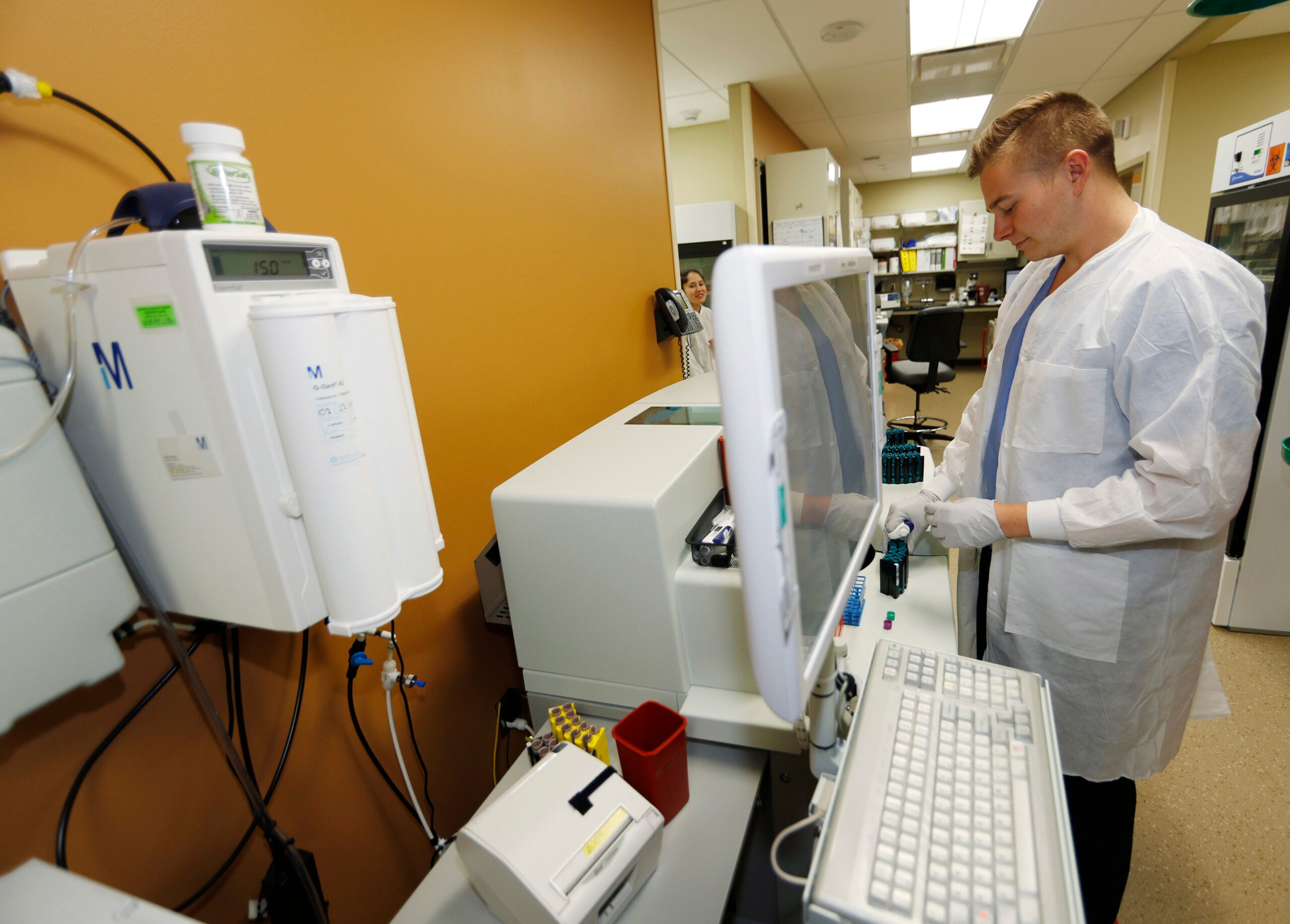Most people signing up for health care on the new online exchange are buying policies with established insurers, but a substantial number are also going to cooperatives for coverage.
As the enrollment deadline approaches, the federal government reports 6 million people have signed up for insurance, with well-known, for-profit health insurers getting the bulk of new customers. But co-ops are shaking up some markets: One in Maine locked up 80 percent of the online marketplace, and another in New York has more than 50,000 policy holders.
In southeastern Wisconsin, Common Ground Healthcare Cooperative surpassed its goal of 10,000 members in January.
News with a little more humanity
WPR’s “Wisconsin Today” newsletter keeps you connected to the state you love without feeling overwhelmed. No paywall. No agenda. No corporate filter.
“After two months of Healthcare.gov not working, there was this surge and thousands of people came – sometimes in one day – to us,” said president Bob DeVita. “We’ve just been staggered by that volume.”
DeVita is cautious and not claiming success yet, saying they still have to meet member expectations.
John Morrison, the founding president of the National Alliance of State Health Co-ops, calls co-ops “game changers” that offer competitive rates and could possibly alter health care delivery in the future.
“Never have 23 new health insurance companies entered the market at the same time and suddenly picked up significant market share,” said Morrison. “This is really historic.”
But not all co-ops across the country are thriving: “There are a few co-ops that are not picking up as many members, either because they’re in a state where the exchange is not working very well or not working at all, or because they set their prices in the first year too high,” said DeVita.
Morrison says more than 300,000 Americans signed up for co-op health coverage in 23 states. A handful of Democratic U.S. senators are proposing additional federal funding for health co-ops.
Wisconsin Public Radio, © Copyright 2026, Board of Regents of the University of Wisconsin System and Wisconsin Educational Communications Board.



